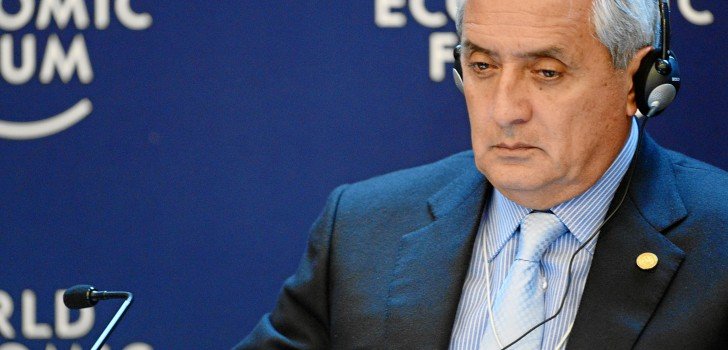Former Guatemalan president Otto Perez was pressured by the U.S. this year to eliminate corrupt officials in his administration in a move that appears to have led to his accusation of corruption in recent weeks. He resigned Wednesday after making the now ill-fated decision of allowing the country’s Commission Against Impunity to continue operations.
The pressure on Perez began during visits by U.S. officials this year, which were related to $20 billion in aid money that was being requested for the “Alliance for Prosperity.” The initiative aims to help prevent child migration from central american countries including Guatemala.
Guatemala, Honduras, and El Salvador were the main source of a mass influx of unaccompanied minors at the U.S. southern border this year, which led to the U.S. visits.
President Obama apologized in April in recognition of previously harmful policies that the U.S. pursued in the region, including the CIA’s support of the Contra rebels in Nicaragua during the 80s, as well as actions in Guatemala.
Perez came to power in Guatemala in 2012 using a platform that included promises of drug legalization, amid widespread agreement on the failure of the United States government’s War on Drugs.
During the 1980s, Perez was an acting general in the country’s military, engaging in genocidal policies against Mayan populations there as part of a civil war which lasted from 1960 to 1996.
Perez denied accusations related to the matter in 2012, despite the fact that only small portions of a 1999 report detailing the actions were translated into Mayan languages.
Regarding the recent resignation of Perez, a Guatemalan official familiar with the matter stated, “”I’m not justifying that they impose conditions on us, but they’re right. The corruption in Guatemala is intolerable. At the end of the day, they do it for our own good – but it hurts.”
Stay Connected